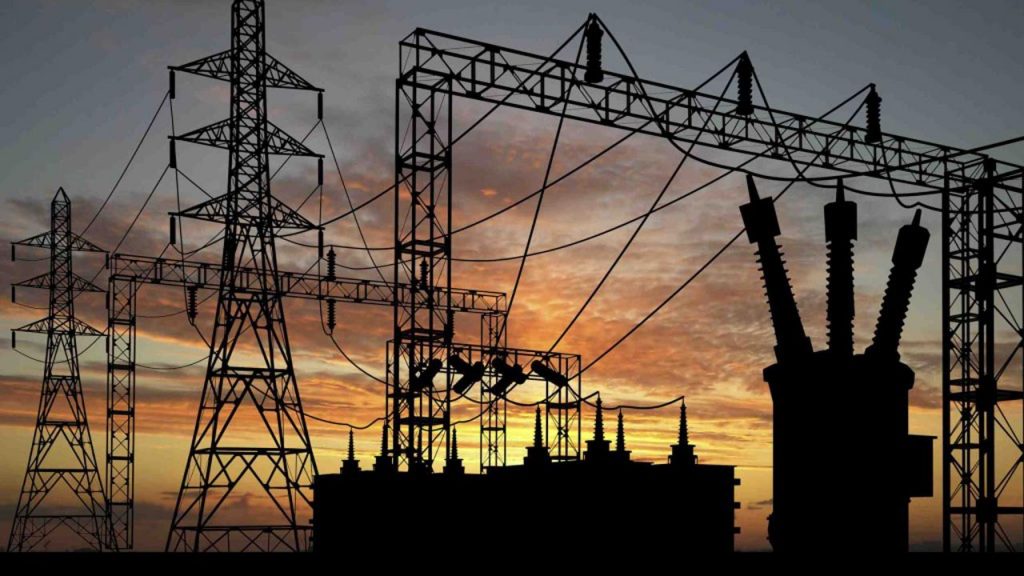
Cuban Power Grid Collapses Once More, Raising Questions About a Speedy Repair
The electricity grid in Cuba has broken once more, raising doubts about how soon the nation will be able to make long-lasting repairs.
Sunday saw the fourth outage in 48 hours when Cuba’s electrical grid failed once more. This most recent setback has raised concerns about the nation’s capacity to promptly address the current power crisis, which coincides with severe food, gasoline, and medication shortages.
Small protests have been held all around the island in response to the most recent blackout, which comes after weeks of rolling outages. Attempts to restore power have also been endangered by an impending tropical cyclone.
When the island’s largest power plant shut down at noon on Friday, the national system first went down, leaving about 10 million people without electricity. Three more grid failures have since occurred, underscoring how brittle Cuba’s infrastructure is.
The government’s efforts to provide respite to exhausted citizens—many of whom have suffered months of blackouts during the sweltering Caribbean summer—have been severely hampered by the ongoing outages.
Cuban President Miguel Diaz-Canel advised Cubans to maintain composure and civility during his Sunday night appearance on national television while wearing military garb.
“We will not tolerate or permit anyone to commit vandalism, much less disturb the peace of our people,” Diaz-Canel declared.
By Sunday evening, Havana’s capital was completely dark save for a few residences and businesses that were using fuel-powered generators. Residents sat on their doorsteps, played dominoes, or listened to radios in the mostly silent streets.
Nonetheless, there was a noticeable police presence all across the city. Several “cacerolazos,” or pot-banging protests, were reported by journalists in Havana’s suburbs.
Before being dispersed by police officers, irate demonstrators in the impoverished neighborhood of San Miguel de Padron blocked roadways with piles of trash.
Vicente de la O Levy, Cuba’s minister of mines and energy, admitted the disruptions but asserted that the majority of citizens comprehended and backed the government’s efforts to recover.
Although he called the protests “incorrect” and “indecent,” he asserted that cooperation is part of Cuban culture.
Power was restored to 160,000 Havana consumers earlier in the day, providing some short-term hope. However, recovery operations were halted in the afternoon when the grid crashed once more.
It’s unclear how this most recent setback will impact the government’s initial pledge to restore power by Monday or Tuesday.
Tropical Storm Oscar, which made landfall on Sunday and brought with it a significant storm surge, high gusts, and a lot of rain to sections of eastern Cuba, made matters even more problematic.
As a result of the storm and the energy problem, the administration instructed only necessary personnel to go to work on Monday and, in an uncommon move, canceled schools through Wednesday.
All Categories
Recent Posts
Tags
+13162306000
zoneyetu@yahoo.com



